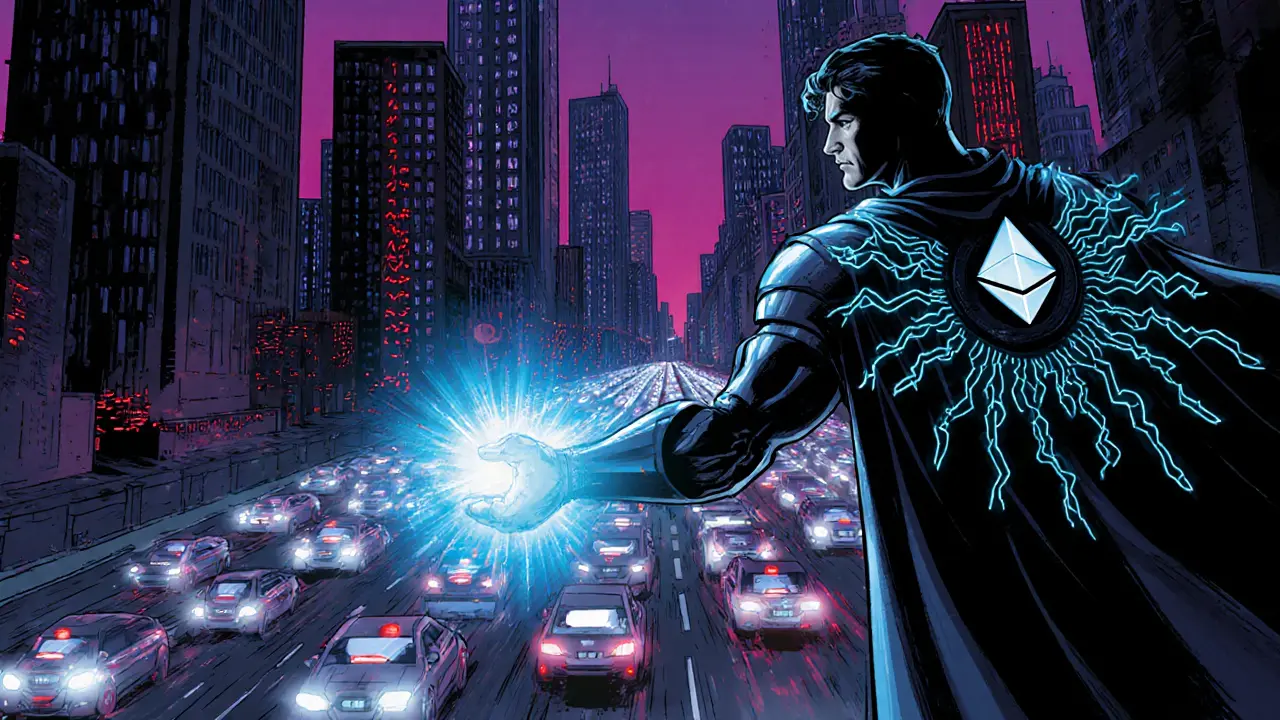ZK Rollup: The Fast, Private Way to Scale Blockchains
When you hear ZK Rollup, a Layer 2 construction that bundles many transactions off‑chain and proves their correctness with cryptographic evidence, also known as Zero‑Knowledge Rollup, it instantly sounds technical. In plain terms, a ZK rollup lets a blockchain handle thousands of moves while keeping each one private and verifiable. The magic behind it is the Zero‑Knowledge Proof, a math trick that lets you confirm a statement without revealing the data that makes it true. This proof is posted on‑chain, so everyone can trust the result without seeing the underlying transactions. Because the main chain only stores tiny proofs, storage costs stay low and throughput soars, making ZK rollups a key piece of the Layer 2 Scaling puzzle that developers face today.
Why ZK Rollups Matter for Security, Cost, and Real‑World Apps
First, security: ZK rollups inherit the base chain’s consensus rules, so they’re as safe as the underlying blockchain—usually Ethereum. Unlike optimistic rollups that assume honesty and rely on dispute windows, ZK rollups provide immediate finality because the proof itself guarantees correctness. Second, cost: By moving transaction data off‑chain, users pay only a fraction of the gas fees they would on the main net, which opens the door for micro‑transactions and high‑frequency trading. Third, privacy: Since the proof hides the transaction details, developers can build confidential DeFi apps, private NFT marketplaces, or compliance‑friendly platforms that still meet KYC standards without exposing user data. These traits line up perfectly with the needs of exchanges, airdrop platforms, and regulatory frameworks that appear across our article collection, showing that ZK rollups can support both innovation and oversight.
Finally, the ecosystem is already putting ZK rollups to work. Projects like zkSync, StarkEx, and Polygon zkEVM are delivering real‑world throughput gains, while developers experiment with zk‑rollup‑based voting, gaming, and identity solutions. As the technology matures, we’ll see tighter integration with smart contract languages, better tooling, and lower proof‑generation costs. If you’re curious about how these advancements intersect with topics like KYC compliance, crypto exchange design, or zero‑fee transaction strategies, the posts below will give you concrete examples and actionable tips. Dive in to see how ZK rollup technology is reshaping the blockchain landscape and what it means for your next project.

